Coronavirus Updates
Reopening of Schools: Keeping Children Safe from COVID-19
5 min read
By Apollo 24/7, Published on - 27 October 2021, Updated on - 26 October 2022
Share this article
0
28 likes
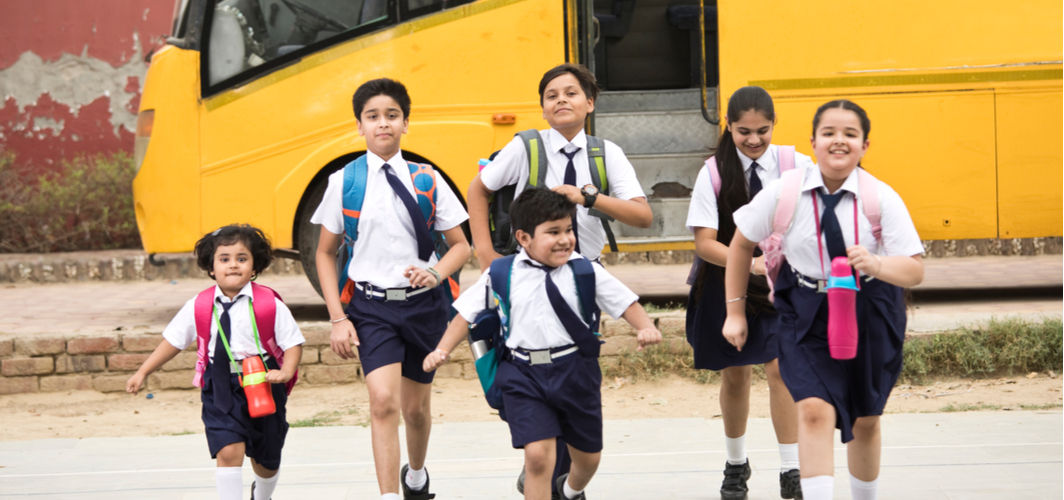
Across India, schools are reopening after a gap of more than 18 months. The lockdown imposed in the wake of the COVID-19 pandemic forced the closure of schools and other educational institutions in March 2020. Since then, students have mostly relied on online classes for their studies. However, the prolonged closure of schools has adversely impacted students all over the country.
Experts say that the lack of in-person study experience, socializing opportunities, and extracurricular activities have affected the overall growth of students. The consequences have been more pronounced for students belonging to disadvantaged communities. To address these challenges, governments in different states have announced the reopening of schools. The article explores the various aspects of school reopening in detail.
Why are schools reopening now?
Millions of students in India are stepping inside the schools for the first time since March 2020. The gradual decline in COVID-19 cases and increasing levels of vaccination throughout the country have facilitated the reopening of schools. The move is a welcome respite for students who were so far completely reliant on online learning for their education. While online classes ensured continuity of learning during the lockdown phase, it took a significant toll on the physical and mental well-being of the students.
The move to re-open schools was also precipitated by the need to address social inequities that had deepened during the lockdown. Millions of underprivileged students who had no access to the internet and digital devices were unable to continue their studies. According to UNICEF, three out of four children could not study during the lockdown due to the digital divide. Experts say that such students effectively lost more than a precious year of education. The reopening of schools will once again allow students from poor families to resume their studies.
How many students are going to school?
Various states in India have adopted different approaches to reopening schools within their jurisdictions. While some states have resumed offline classes for students of senior classes from 9th to 12th grades and in some cases also 6th to 8th grades, many are also allowing students of the primary classes (1 to 5) to return to schools. Nevertheless, very few students attended offline classes immediately after reopening. Apprehensive parents fearing a third wave were initially reluctant to send their children to schools. However, with stringent virus protocols such as thermal screening at the school entrance, 50% attendance, fully vaccinated staff, staggered seating, alternate lunch breaks, and sanitized desks, some parents are gradually overcoming their apprehensions. As a result, attendance is now picking up in most schools across the country.
Preventive measures for school reopening
The Indian Academy of Pediatrics (IAP) has published 'Advisory on School Reopening' that suggests certain precautionary measures to reduce the risk of virus transmission in schools. The expert body has laid down the following recommendations:
- The COVID-19 case positivity rate at the district level (the number of RT-PCR positive results per 100 tests) should be less than 5% for at least two weeks preceding school reopening. If the positivity rate is more than 5%, then the total number of new cases should have been steadily declining over the preceding two weeks.
- The number of new daily cases per 100,000 population should be less than 20 for the preceding two weeks. 60% of the adult population should have received at least one dose of any of the COVID-19 vaccines.
- The latest advisory suggests that all the adult members working for schools, including the teaching, non-teaching staff, sweepers, drivers, attendants, and visitors should have received at least one dose of any approved COVID-19 vaccine.
- School staff members who are at the highest risk of COVID-19 infection and severe complications should complete both doses of vaccination 15 days before attending the schools. Students with pre-existing conditions like asthma, kidney diseases, disabled children, children on steroids, etc. should consult a physician before resuming offline classes.
- Schools and governments should facilitate the return of students to school by arranging transport facilities with staggered seating arrangements and provision for regular sanitization.
Role of parents and students
Parents and students also have a role to play in facilitating the reopening of schools. As stakeholders, they should strive to maintain COVID-19 appropriate behaviour to reduce the risk of virus transmission in schools. Some of the additional measures that they must follow include:
- Parents should ensure that their child is going to school wearing a mask. Children should be instructed not to exchange or swap masks with others.
- Children should be sensitized about the importance of practising physical distancing at all times.
- Children going to school should be provided with hand sanitisers to maintain hand hygiene. They should be discouraged from touching their eyes, nose, and mouth.
- If possible, parents can consider picking up and dropping off their children at school on their own.
- Uniforms, school bags, and other belongings of the children should be cleaned or disinfected regularly.
- Emphasis should be placed on the health and well-being of children. Parents should give healthy food, fresh fruits, and clean water to their children. They should advise their child against sharing lunch tiffin and water bottles with others.
- Parents should not send their child to school if he/she is feeling unwell. A physician should be contacted immediately if any COVID symptoms are observed.
- Parents and all adult family members should get vaccinated against COVID-19. They should also get their child vaccinated once the government health regulatory authorities approve COVID-19 vaccines for kids.
Takeaway
While online classes played a key role in ensuring the continuity of education, they couldn’t substitute the overall experience offered by physical classes. Lack of socialization, limited in-person interactions, and zero extracurricular activities had started taking a toll on students. Unfortunately, students from poor families who couldn’t access smartphones and the internet couldn’t study at all and effectively lost more than a year of education. Experts say the reopening of schools will help address some of these challenges. While parents were initially sceptical, many have now started sending their wards to schools. Nevertheless, it is equally important to implement and adhere to COVID-19 precautions. The guidelines issued by the Indian Pediatric Association to reduce the risk of transmission in schools are worth considering. As major stakeholders, parents and students should also exercise preventive measures to facilitate the reopening of schools.
Coronavirus Updates
Leave Comment
Recommended for you
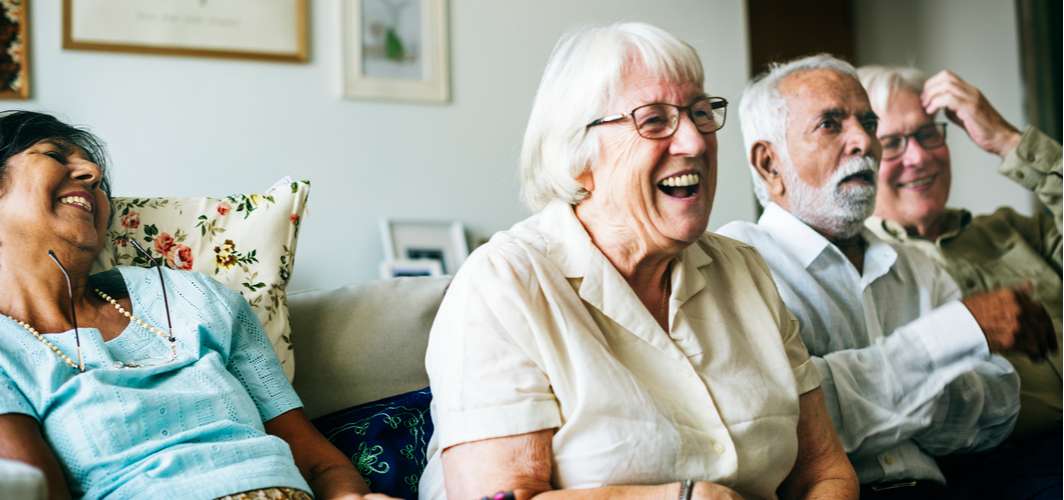
Coronavirus Updates
Who Is at Higher Risk for Severe Illness Due to COVID-19?
Older adults, and individuals with asthma, diabetes, HIV, liver disease, heart conditions, and those whose immune systems have been compromised have a higher risk of severe illness from COVID-19.
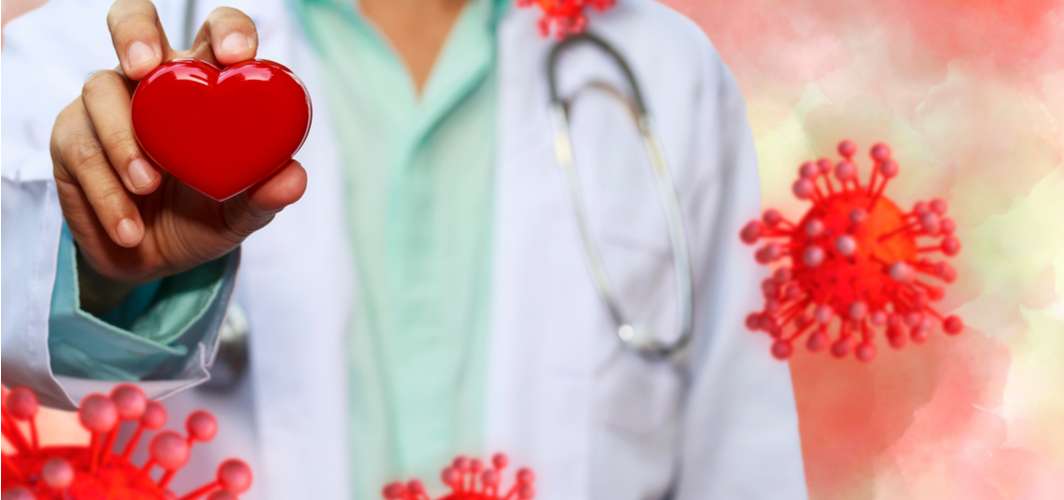
Coronavirus Updates
Can Coronavirus Have a Damaging Effect on the Heart?
Heart patients can be at higher risk of severe illness due to COVID-19. However, regular monitoring of blood pressure, pulse rate, cholesterol level, etc. can lower this risk.
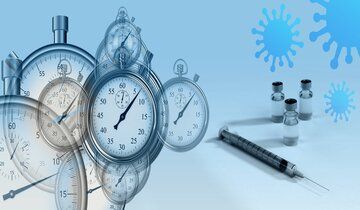
Coronavirus Updates
COVID-19 Vaccine: The latest updates
More than 150 COVID-19 vaccine candidates worldwide are in development. So far, 156 economies have signed up for COVAX, a WHO initiative, to deliver 2 billion doses by the end of 2021.
Subscribe
Sign up for our free Health Library Daily Newsletter
Get doctor-approved health tips, news, and more.
Visual Stories
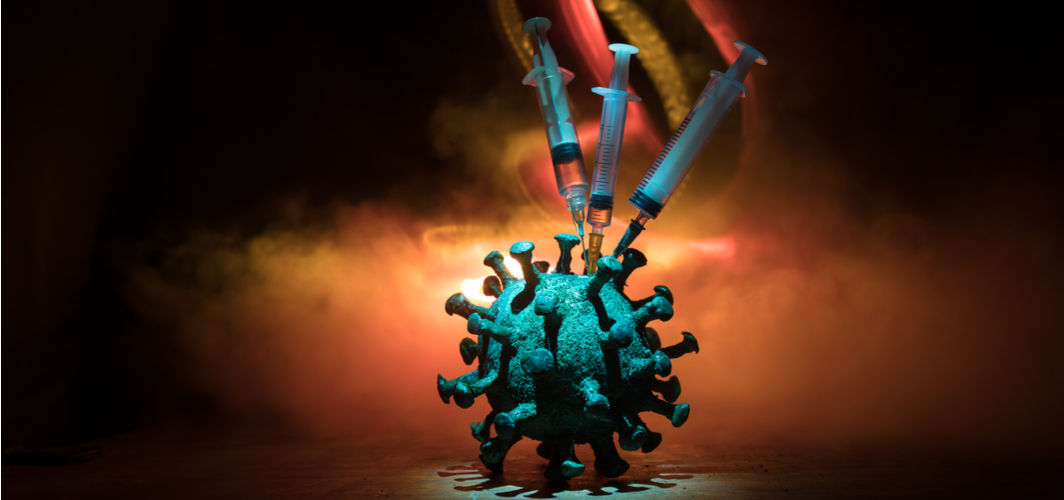
COVID-19: The situation on ground [6th July 2021]
Tap to continue exploring
Recommended for you

Coronavirus Updates
Who Is at Higher Risk for Severe Illness Due to COVID-19?
Older adults, and individuals with asthma, diabetes, HIV, liver disease, heart conditions, and those whose immune systems have been compromised have a higher risk of severe illness from COVID-19.

Coronavirus Updates
Can Coronavirus Have a Damaging Effect on the Heart?
Heart patients can be at higher risk of severe illness due to COVID-19. However, regular monitoring of blood pressure, pulse rate, cholesterol level, etc. can lower this risk.

Coronavirus Updates
COVID-19 Vaccine: The latest updates
More than 150 COVID-19 vaccine candidates worldwide are in development. So far, 156 economies have signed up for COVAX, a WHO initiative, to deliver 2 billion doses by the end of 2021.